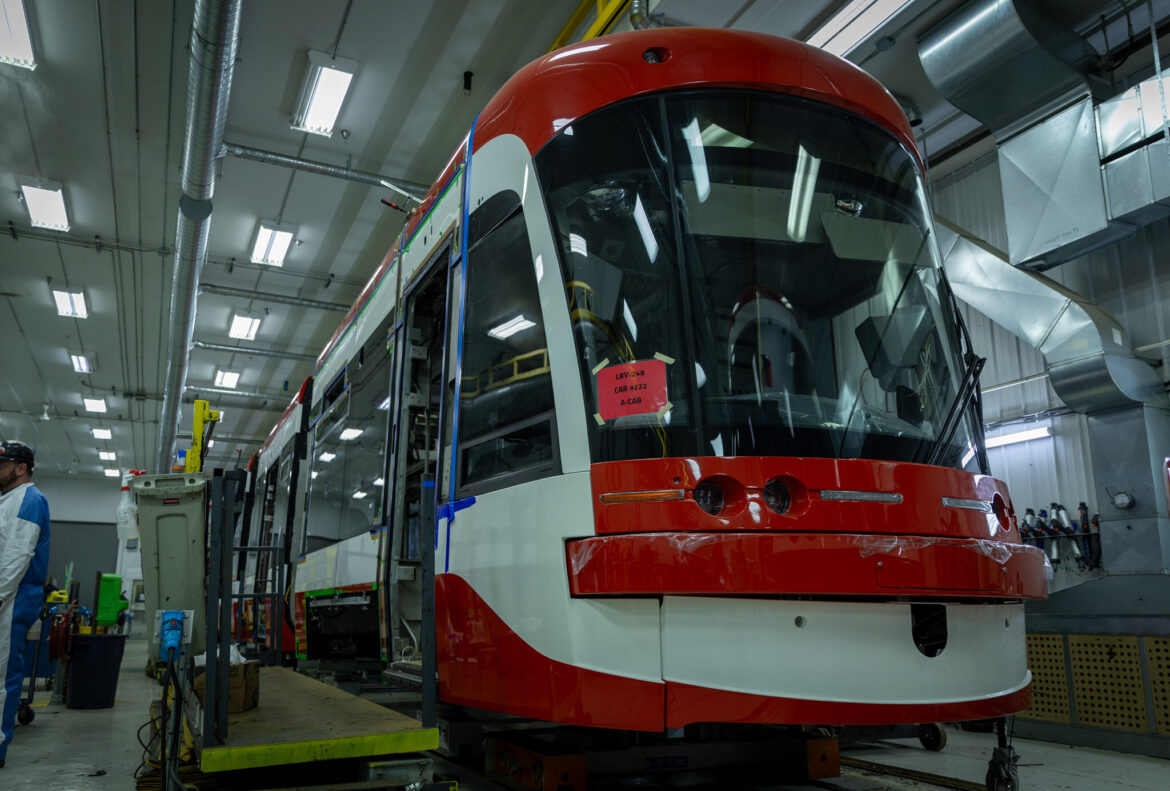458

Unifor supports Premier Ford’s call for Toronto to have subway cars manufactured at the Alstom plant in Thunder Bay. (CNW Group/Unifor)




